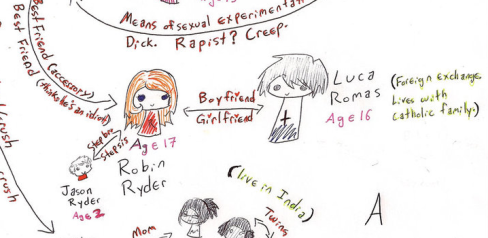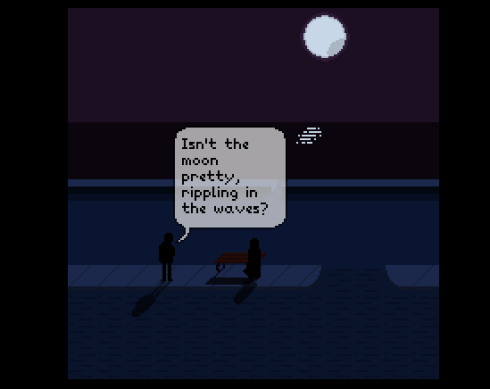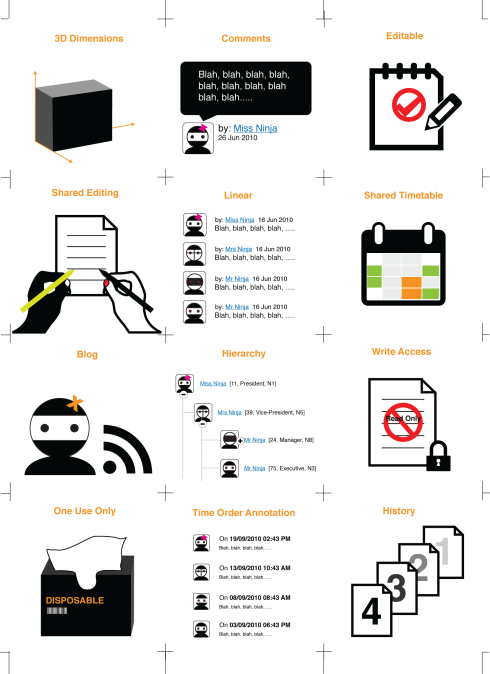
In the past 6 months I have been experimenting with solo story-game techniques, and I was happy to see the story-games community also moving in that direction with the RPG Solitaire Challenge.
These are some notes on what I saw working for me. They might apply only to me, but I’ll state them as principles, making it easier to quote them and challenge them.
The Principle of Immersive Action states that: all the normed, explicit actions that you perform within a game, make you feel more immersed in the game and make it more real and emotionally connected to you as a player. Short, easy, obvious actions with a minimal amount of player-generated-content work better than long actions requiring creative engagement.
When playing solo games, you are often asked to imagine a situation or a dialog. Well, it doesn’t work for me. If I am asked to write it, it works though. If I am asked to write it in generic terms, either I don’t do it, or it doesn’t work. If I am asked to do it within a very specific format and I don’t have to put too much imagination into it, then it works. When I am asked to perform some ‘ritual writing’, even if it is something simple like ‘give a title to the scene’ or ‘give a one-line description of a character’, then my imagination is engaged and it fills the gaps with narrative emotional elements. If I am asked to directly engage the imagination like in ‘write 200 words describing the character’, then it doesn’t work and it feels heavy and contrived. It feels like I am writing literature and not playing a game.
Have you played solo story games? How does it feel for you?
Tags: Solitaire, Story games, Theory









